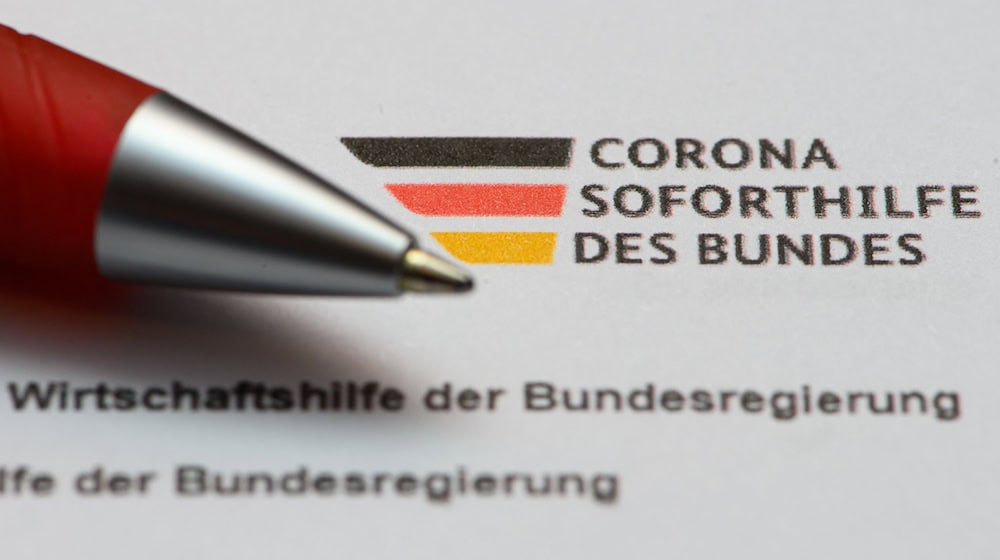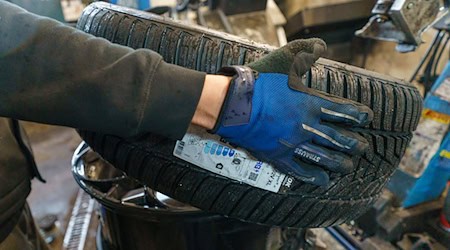Since the start of the feedback process for coronavirus emergency aid, around 2,700 Saxon companies have so far repaid a total of around 16 million euros in state support. As the Sächsische Aufbaubank (SAB) announced on request, the average repayment amount is around 5,900 euros. This is due to retrospective checks as to whether the full amount of federal aid paid out in spring 2020 was actually necessary.
Since mid-November, around 45,000 companies out of a total of around 70,000 companies have been asked to provide feedback - around 14,000 have responded so far. In 73 cases, legal action has been taken against repayment claims, 38 of which are still outstanding, it said. According to the SAB, repayments are generally interest-free and can be made within six months. If necessary, installment payments can also be agreed.
Repayment "threatens the existence of small businesses"
The repayment demands have been met with harsh criticism from trade representatives. "The demands for repayment of the coronavirus emergency aid are currently threatening the existence of
many small businesses in the skilled trades sector", said Jörg Dittrich, President of the skilled trades sector, recently. Solo self-employed people such as hairdressers and beauticians are particularly affected. According to Dittrich, if the state does not want to drive them into insolvency, it needs "a paradigm shift in the reclaiming of the state's emergency coronavirus aid".
Dittrich criticized the fact that the private protection of entrepreneurs through a fictitious entrepreneur's salary is not taken into account in the re-registration procedure. "This leads to entrepreneurs not knowing how they are supposed to make a living." Many would have used the funds received "to maintain social security and private living expenses".
Funds often higher than actual needs
In total, the federal government had approved around 84,000 applications with a funding volume of around 673 million euros. The grants were intended to help cushion expected liquidity bottlenecks as a result of the coronavirus pandemic. In many cases, however, it subsequently turned out that the slump in sales - and thus the actual liquidity requirements - were lower than initially assumed.
Copyright 2025, dpa (www.dpa.de). All rights reserved










